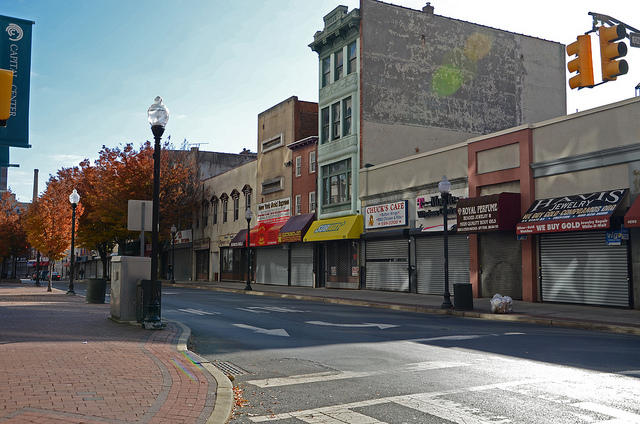For decades the only area in the state of New Jersey to offer casino gambling was Atlantic City. This could soon change as legislators in the state have been considering adding casinos in the northern region of the state to help the struggling gambling city as well as bring much-needed revenues to New Jersey. A referendum will be placed on the November ballot for voters to decide what they would like to see happen, with groups popping up in support as well as against the possibility. Several news outlets are reporting today of a new group known as Trenton’s Bad Bet is joining efforts to stop potential casinos from being constructed in North Jersey.
The group went public today and is based in North Jersey, calling Newark home. In a news release, the group called themselves a diverse collection of concerned individuals of New Jersey including unions, businesses, community leaders and residents, who will work to oppose the referendum that would seek to expand gaming into the North Jersey area.
In the press release, the group stated that members of Trenton’s Bad Bet represent the northern region of the state, where the expansion of casino gaming is being proposed. The group also represents individuals from South and Central Jersey, where the local economy and quality of life could be impacted due to the proposed casinos.
The Executive Director of Trenton’s Bad Bet, Bill Cortese, commented that right now the group is focused on generating awareness with voters so that individuals understand what a bad deal that the proposal is for taxpayers. The group wants to ensure that residents have a voice in the process. Trenton’s Bad Bet feels that little information has been shared so far, which is a typical play by politicians in Trenton when they want to move something through the back door.
Voters may be leaning more towards the beliefs of the new group as well as the other opposing groups as a recent survey showed only 35% of voters that are registered are in favor of casinos being created in the northern counties of the state. 57% of registered voters surveyed said they were opposed to the idea.



